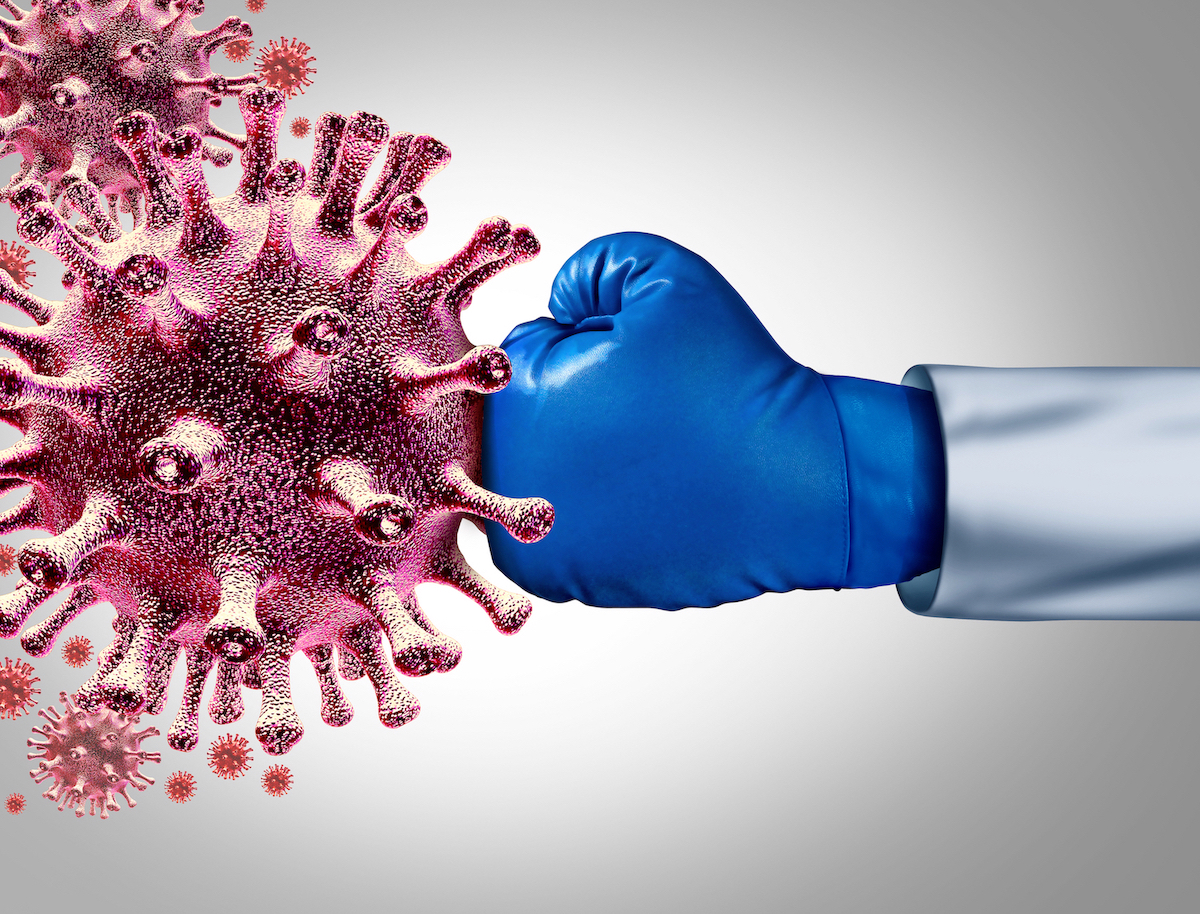
You Can Help Your Body Fight With These Eight Foods That Boost Your Immune System
Boosting our immune system has never been as crucial as it is today.
A significant combatant of Covid-19 and other diseases is ensuring that our physical condition is optimal. Paying attention to our body’s ability to defend against infections and illnesses is critical as very rarely, being healthy happens by chance. Good health requires deliberately devee practices.
However, it’s not as complicated as you may think. Besides getting enough rest and exercise a simple way is watching what we eat. Being mindful of what you consume is one way of strengthening our body’s defences. Also, it’s easy; all we need to do is beef up on the nutrients that fight viruses, like vitamins E and D.
Yello wants to help, so we’ve created a list of foods that, you may not know, boosts our immune system. The best part is you probably already have a few of them at home.
Here are eight immune-boosting foods:

Red Bell Peppers – Did you know these peppers are high in Vitamin C? They offer twice as much as your favourite citrus fruit. So, don’t be alarmed if your supermarket or fresh grocer has run out of oranges or grapefruits. Check and see if there are red bell peppers and pick up a few.
Tip: red bell peppers also contain beta carotene which offers eye and skin health benefits.

Garlic – It’s an old-time favourite and one you’re sure to already have at home. Garlic contains allicin which has antiviral and antibacterial properties. Allicin, a phytochemical, helps our body to ward off infection and illnesses.
Tip: consuming garlic also contributes to your lower blood pressure.

Yoghurt – More than likely, you may already have this product in your refrigerator. The live and active cultures in yoghurt aid can stimulate your body’s defences. They help in the fight against diseases. Another principal defender found in yoghurt is vitamin D. It packs a wallop against illnesses.
Tip: Purchase yoghurt that clearly states on the packaging that it contains ‘live and active cultures’ as well as vitamin D.

Green tea – Epigallocatechin gallate (EGCG) is a compound found in green and black tea. However, green tea is lauded as having higher levels. EGCG is beneficial because it boosts the body’s ability to rid itself of bacteria, viruses and parasites. It is also a good source of the amino acid, L-theanine. According to Medical News Today, L-theanine can aid in fighting off common colds or the flu.
Tip: Although black teas contain EGCG, its fermentation process decreases the plant compound. As such, it’s best to use green teas—you’ll get more bang for your buck!

Papaya – Papaya or paw-paw is very rarely associated with vitamin C. Yet, a single fruit contains two to three times more than the daily recommended amount. Papaya also contains the enzyme, papain. Papain works to reduce inflammation, improve digestion and most significantly, to treat infection.
Tip: If you don’t have access to the actual fruit, papain supplements are an option. But be sure to consult your physician first.

Sunflower seeds – For some, sunflower seeds may be a taste we have to acquire. With our present global health situation, not to mention its benefits, it’s one you may want to quickly adoptas it will help you maintain good health. Phosphorous, magnesium, vitamin B-6 and vitamin E are nutrients attributed to these seeds.
Tip: Vitamin E helps in regulating the functions of your immune system.

Broccoli – It’s the superfood of all green veggies. Nutrition-dense, broccoli contains vitamins A, C, E and K. It’s also an excellent source of folate. So, broccoli can be an alternative source of vitamin C if you’re all out of citrus.
Tip: Try to cook your broccoli as little as possible, or not at all. It’s the best way to ensure you get its nutrients.
Chances are you already have a few, if not all, of these items at home. We encourage you to use them and build your immune system.
Now, if you don’t have them stocked, let these items be among the ones you replenish when you make your purchases.
By Lou-Ann Jordan
Sources: MedicalNewsToday, Science Museum and Healthline
